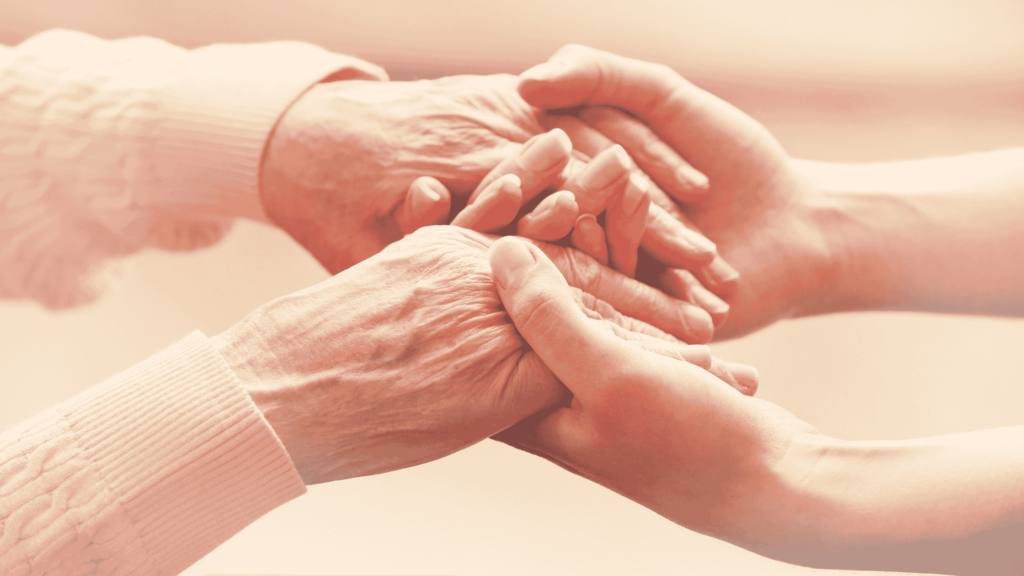The Importance of Family Caregivers in In-Home Hospice Care: A Year-Round Guide
Family caregivers play an essential role in the in-home hospice care setting, serving as the primary source of physical, emotional, and spiritual support for their loved ones during their final stage of life. Their presence ensures continuity of care, providing a familiar and comforting environment for the patient. Research indicates that patients often experience greater comfort and emotional security when surrounded by loved ones, leading to enhanced quality of life in their final days (Smith et al., 2020).

Tips for Family Caregivers
Maintain Open Communication with the Care Team
Stay in close contact with the hospice team. Ask questions, express concerns, and seek clarification on treatment plans or any changes in your loved one’s condition. Clear communication helps you remain an informed and empowered advocate.
Practice Self-Care
Caregiving can be emotionally and physically draining. It’s important to schedule regular breaks, ensure you are eating well, and get enough sleep. Don’t hesitate to accept help from others—remember, you can’t care for your loved one effectively if you neglect your own health.
Leverage Available Resources
Hospice teams provide more than just medical care. They can connect you with community resources such as support groups, respite care, and spiritual counseling services. Utilize these offerings to avoid feeling overwhelmed.
Reach out to national caregiving organizations like the Family Caregiver Alliance or the National Hospice and Palliative Care Organization for educational materials and additional support networks (Family Caregiver Alliance, 2023).
Manage Medication with Confidence
Proper medication management is a critical aspect of hospice care. Work closely with the hospice nurse to ensure that you are comfortable administering medications and understand how they help manage symptoms like pain and anxiety.
Embrace Your Role, but Know Your Limits
Your involvement in your loved one’s care is invaluable. However, remember that caregiving is a team effort. Know when to ask for professional assistance or respite care if caregiving becomes too overwhelming.
Encouragement for Caregivers
The work you do is filled with love, dedication, and sacrifice. Understand that your presence and support are some of the most comforting gifts you can offer your loved one during this journey. It’s natural to feel uncertain or even inadequate at times, but the care and comfort you provide are irreplaceable. Even on days when you may feel exhausted or overwhelmed, know that your efforts are making a profound difference.
Caregiver Resources
For additional support and education, caregivers are encouraged to explore these resources:
- Family Caregiver Alliance: Offers extensive resources, including education, support groups, and advocacy for family caregivers (https://www.caregiver.org/).
- National Hospice and Palliative Care Organization (NHPCO): Provides a variety of tools, guidance, and informational resources to assist families (https://www.nhpco.org/).
- Alzheimer’s Association: For those caring for a loved one with Alzheimer’s or another form of dementia, this association offers valuable information and support (https://www.alz.org/).
Caregiving in the hospice setting is both a privilege and a responsibility, requiring balance, patience, and self-compassion. As you navigate this journey, remember that you are not alone—your hospice team is here to support both you and your loved one every step of the way.
References
Family Caregiver Alliance. (2023). Family caregiving resources and support. Retrieved from https://www.caregiver.org/
Smith, A., Johnson, T., & Lee, M. (2020). Quality of life in hospice patients: The impact of family presence. Journal of Palliative Care, 36(4), 234-241.


